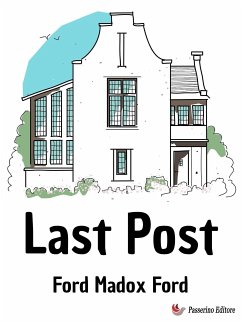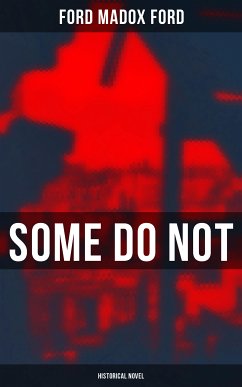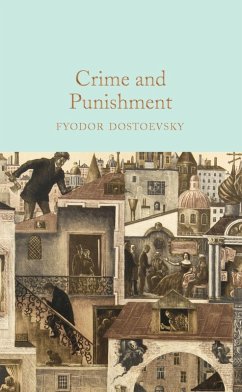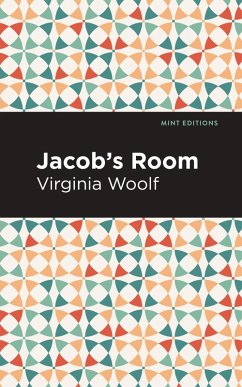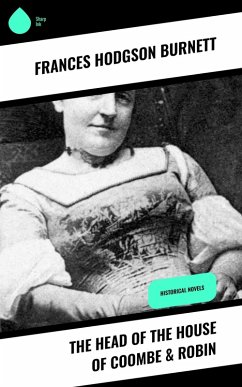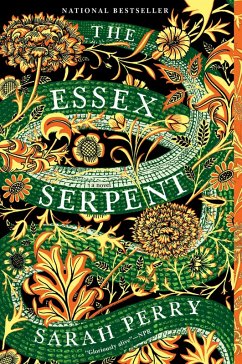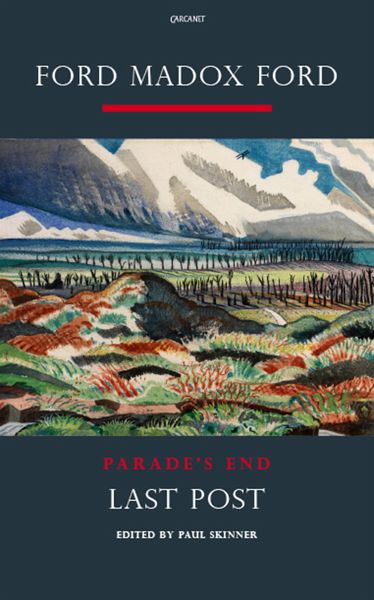
Parade's End Volume IV (eBook, ePUB)
Last Post
Redaktion: Skinner, Paul
Versandkostenfrei!
Sofort per Download lieferbar
11,34 €
inkl. MwSt.
Weitere Ausgaben:

PAYBACK Punkte
0 °P sammeln!
Last Post, the fourth and final volume of Parade's End, is set on a single post-war summer's day. Valentine Wannop and Christopher Tietjens share a cottage in Sussex with Tietjens' brother and sister-in-law. Through their differing perspectives, Ford explores the tensions between his characters in a changing world, haunted by the experience of war, facing an insecure future for themselves and for England. The Tietjens' ancestral home has been let to an American, its great tree felled; those like Tietjens who have served in the war find there is no place for them in a demoralised civilian socie...
Last Post, the fourth and final volume of Parade's End, is set on a single post-war summer's day. Valentine Wannop and Christopher Tietjens share a cottage in Sussex with Tietjens' brother and sister-in-law. Through their differing perspectives, Ford explores the tensions between his characters in a changing world, haunted by the experience of war, facing an insecure future for themselves and for England. The Tietjens' ancestral home has been let to an American, its great tree felled; those like Tietjens who have served in the war find there is no place for them in a demoralised civilian society. The celebrations of Armistice Day have been replaced by the uncertainties of peacetime. 'How are we to live?' asks Valentine, as a death and an imminent birth bring Ford's great sequence to a close.Last Post includes:-- the first reliable text based on the hand-corrected typescript of first editions-- a major critical introduction by Paul Skinner, editor of Ford's novel No Enemy and of Ford Madox Ford: Literary Contacts (International Ford Madox Ford Studies 6)-- an account of the novel's composition and reception-- annotations explaining historical references and literary and topical allusions-- a full textual apparatus including transcriptions of significant deletions and revisions-- a bibliography of further reading
Dieser Download kann aus rechtlichen Gründen nur mit Rechnungsadresse in A, B, BG, CY, CZ, D, DK, EW, E, FIN, F, GR, H, IRL, I, LT, L, LR, M, NL, PL, P, R, S, SLO, SK ausgeliefert werden.




